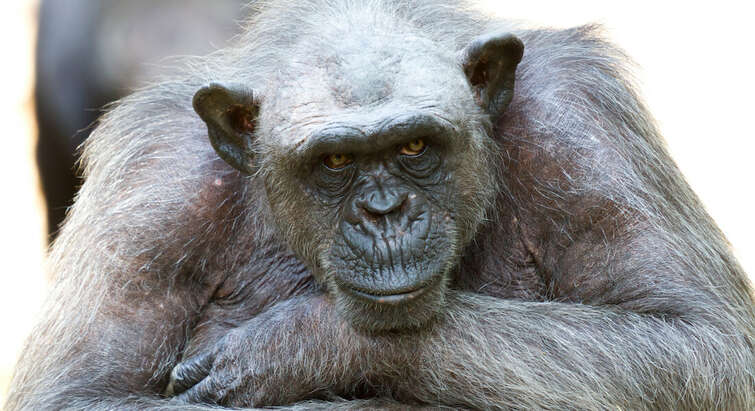
News about Farm animals
Viser 1 til 24 af 33 dokumenter.

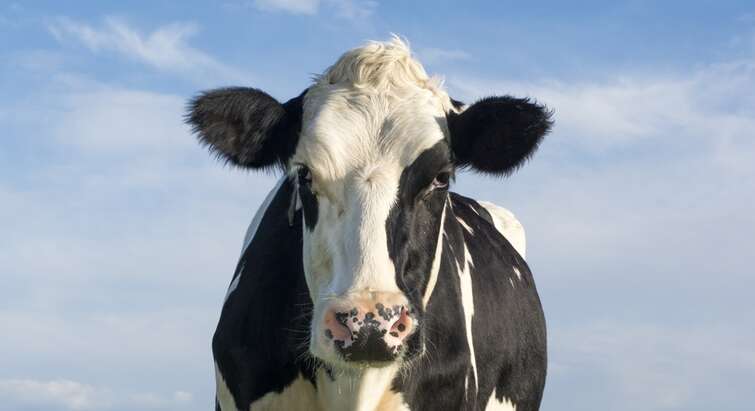
Dangerous Variant of Salmonella Still Not Eradicated

A consensus on the definition of positive animal welfare

The avian influenza epidemiology group at the ISVEE17 conference in Sydney

Workshop on Streptococcus agalactiae in the Nordic countries
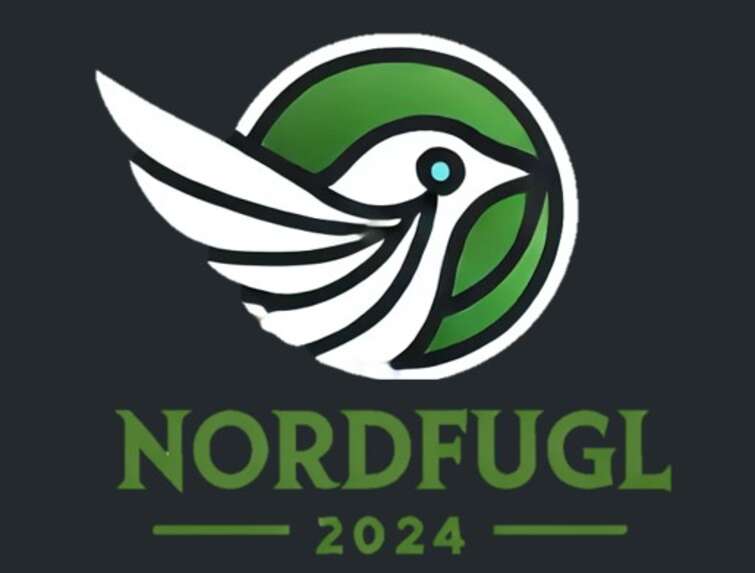
Avian Influenza Epidemiology group at UCPH hosted an online seminar, “Nordfugl 2024”
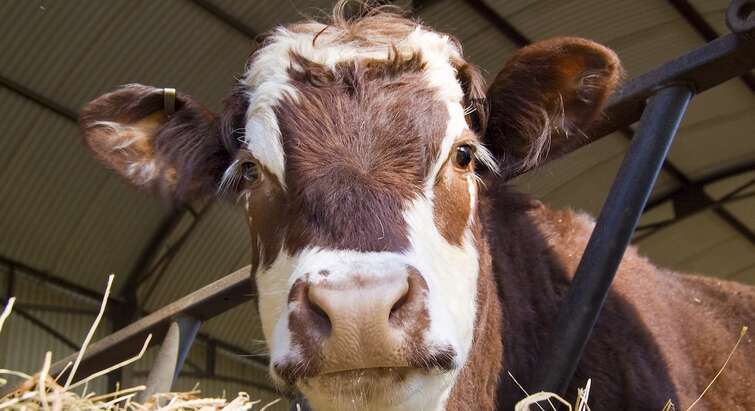
Gene Editing Cattle for Enhancing Heat Tolerance: A Welfare Review of the “PRLR‑SLICK Cattle” Case
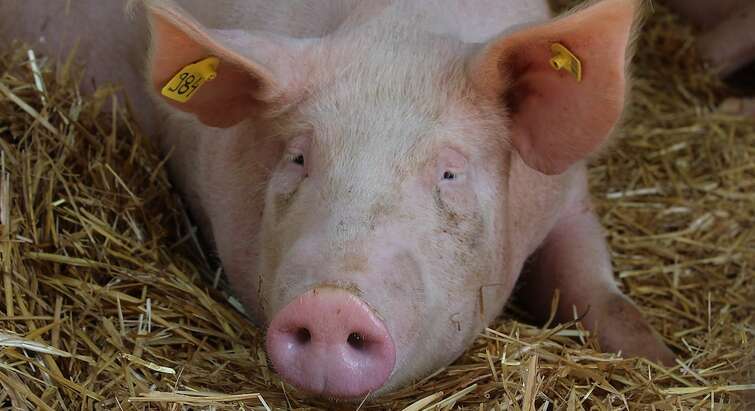
Why is welfare pork so expensive?

Celebrating the successful completion of the One Health International Summer Course 2024
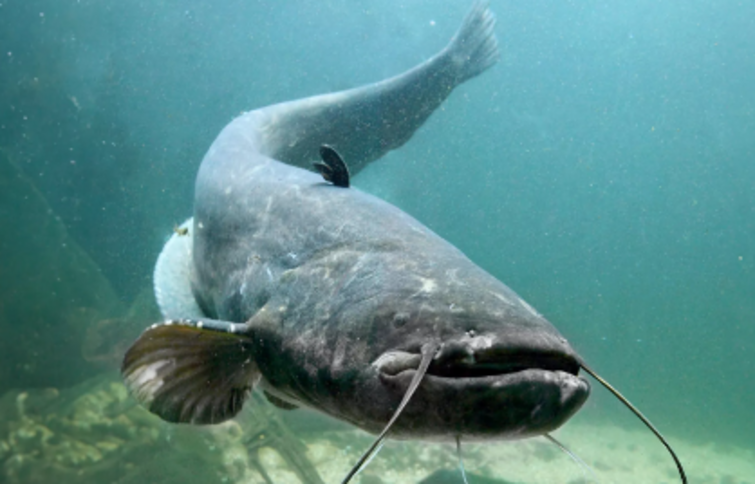
A significant milestone has been achieved
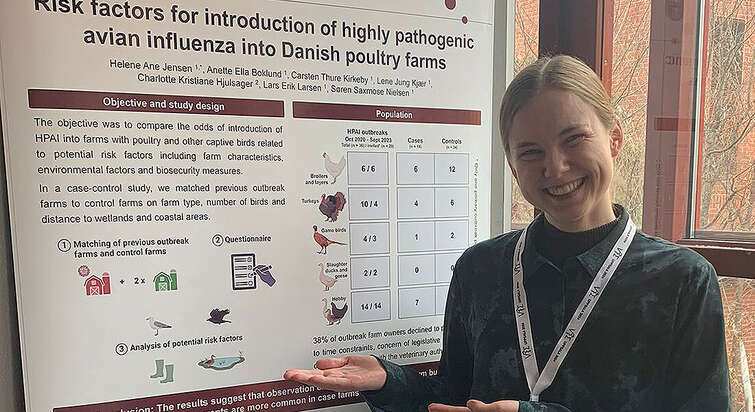
Avian Influenza Group participated in the SVEPM 2024 Conference
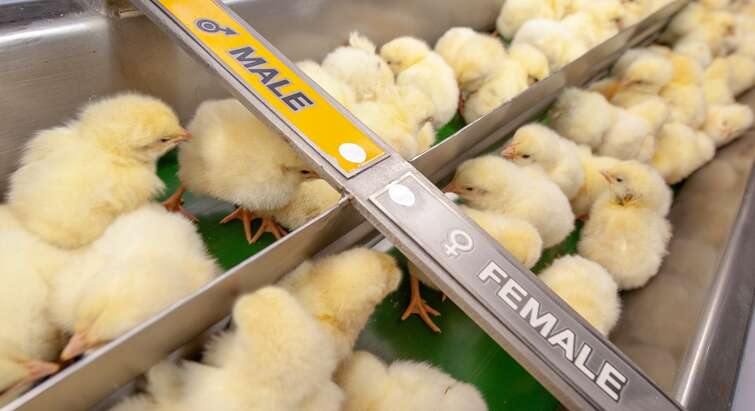
Researcher: Seven billion newly hatched chicks are killed every year – but a ban is not the solution

EU-project PREPARE4VBD held Annual meeting in Kenya
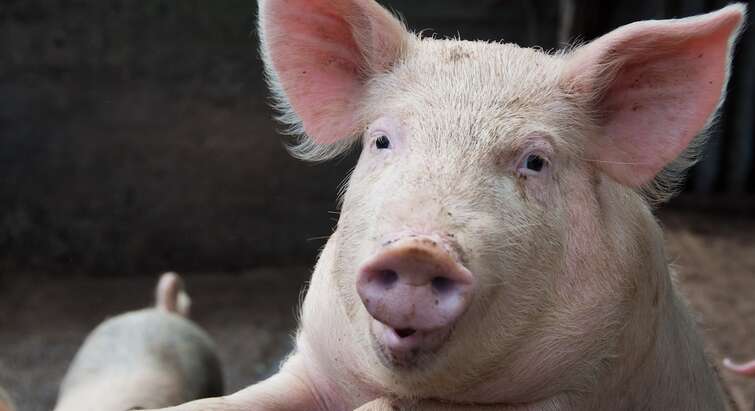
Relationship between animal-based on-farm indicators and meat inspection data in pigs
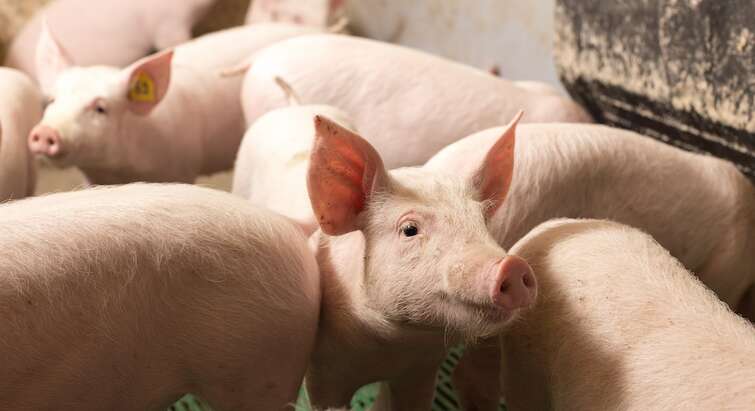
Are biters sick? Health status of tail biters in comparison to control pigs
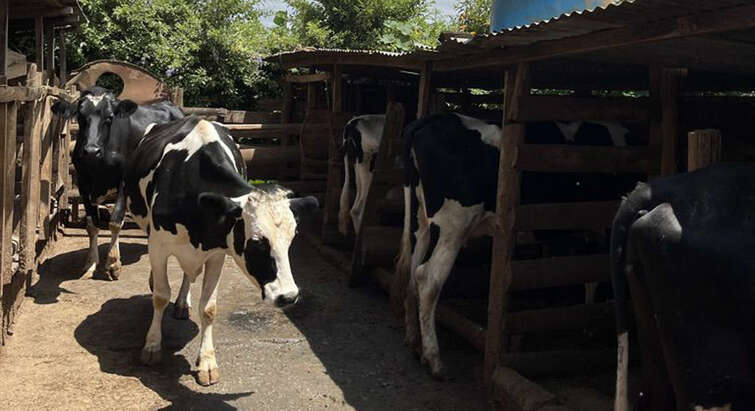
Doing your field work abroad?
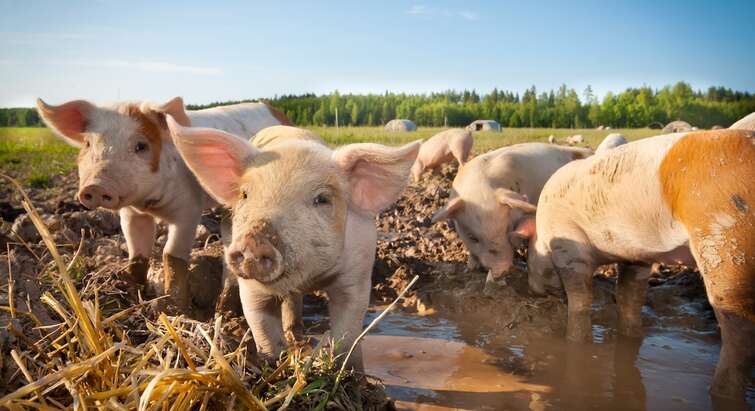
Comparison of three different measuring devices of ammonia and evaluation of their suitability to assess animal welfare in pigs

CPH Cattle Seminar 2023

Ethicists’ commentary on standards of euthanasia for moribund fish in aquaculture
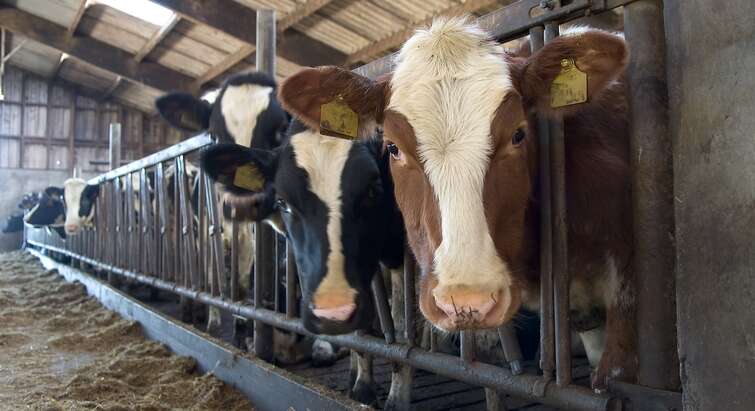
Dairy cattle welfare – the relative effect of legislation, industry standards and labelled niche production
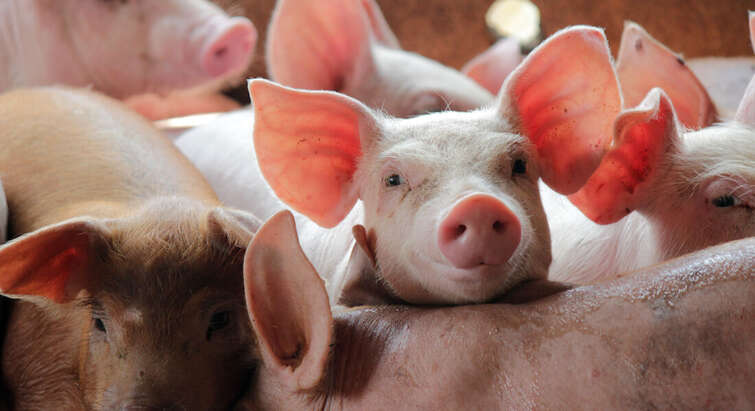
Willingness-to-pay for reduced carbon footprint and other sustainability concerns relating to pork production
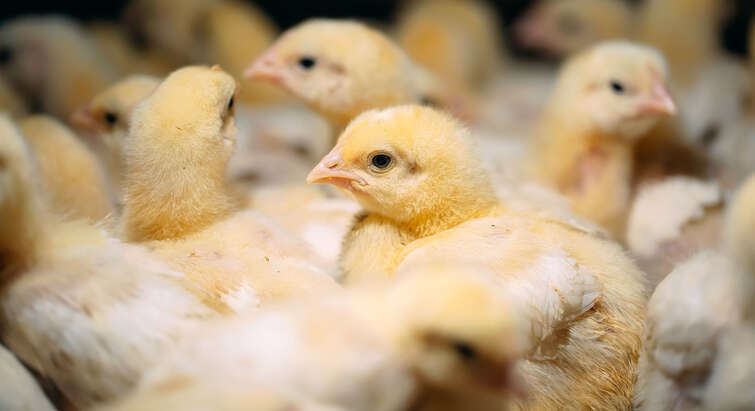
Ethicists’ commentary on expertise and personal views when advising clients

Various ways towards animal product limiting - practical and social engagements in dietary change
